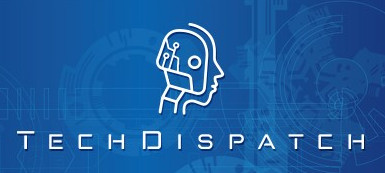
The European Data Protection Supervisor (EDPS) regularly publishes TechDispatch reports that aim to explain emerging developments in technology. The TechDispatch reports are part of the wider EDPS activities on technology monitoring.
Each TechDispatch provides factual descriptions of a new technology, preliminarily assesses possible impacts on privacy and the protection of personal data, as we understand them now, and provides links to further recommended reading. Now you can also listen a podcast discussing main topics in 'TechDispatch Talks'.
To receive future issues of the TechDispatch directly in your mailbox, please subscribe by clicking the Subscribe to the Tech monitoring link below.
Subscribe to Tech monitoring publications
Unsubscribe from Tech monitoring publications
The EDPS collects your personal data (email address) for the sole purpose of sending the TechDispatch and TechSonar report. Your data will be deleted from our file when you unsubscribe.
See our data protection notice for further information.
